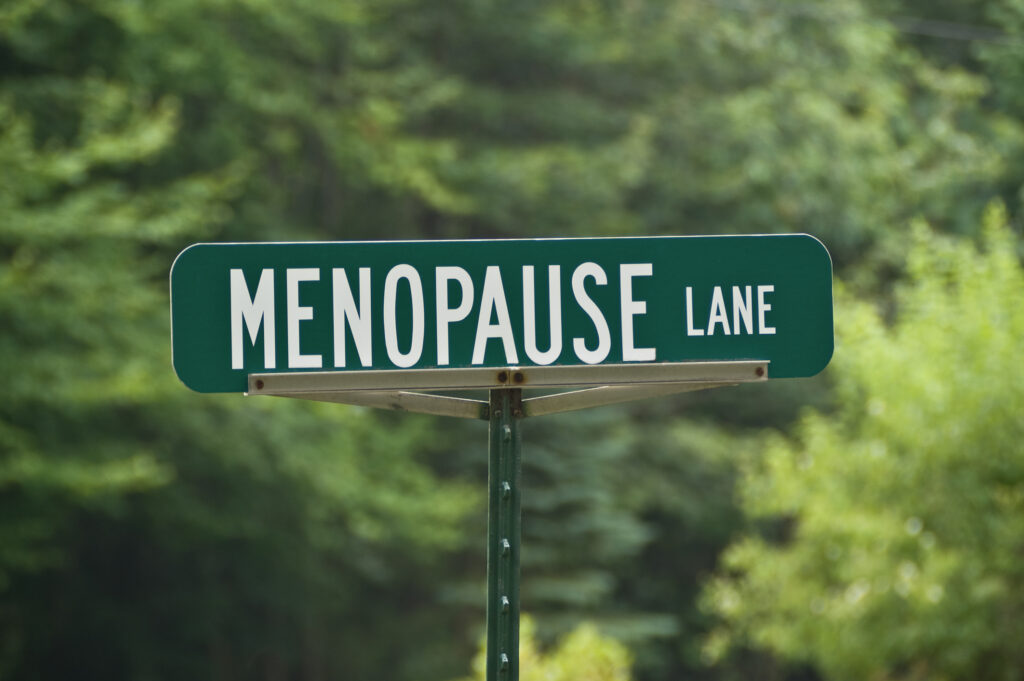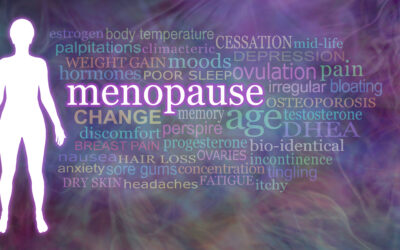Nutritional Needs for Women in the Post-Menopause Stage: Supporting Health and Well-being
Entering the post-menopause stage of life brings about significant changes in a woman’s body and health. During this phase, it is crucial to focus on proper nutrition to support overall health and well-being. In this article, we will explore the essential nutrients and nutritional needs for women in the post-menopause stage, highlighting their importance in maintaining optimal health and offering guidance on how to meet these needs.
- Calcium and Vitamin D: Preserving Bone Health After menopause, the risk of osteoporosis increases due to hormonal changes. Adequate intake of calcium and vitamin D remains crucial to support bone health. Include calcium-rich foods like dairy products, leafy greens, and fortified plant-based milk in your diet, along with sources of vitamin D like fatty fish and fortified dairy products. Consult with your healthcare provider to assess the need for supplementation.
- Omega-3 Fatty Acids: Supporting Heart and Brain Health Omega-3 fatty acids play a significant role in supporting heart health and maintaining cognitive function. Include sources such as fatty fish (e.g., salmon), flaxseeds, and walnuts in your diet to benefit from their omega-3 content. If necessary, consider omega-3 supplements under the guidance of your healthcare provider.
- Fiber: Supporting Digestive Health As women age, digestive health becomes increasingly important. Including high-fiber foods like whole grains, fruits, vegetables, and legumes in your diet can promote regularity and support a healthy digestive system. Aim for a well-rounded, fiber-rich diet to maintain optimal gastrointestinal function.
- Antioxidants: Promoting Cellular Health Antioxidants play a vital role in protecting cells from damage caused by free radicals. Include antioxidant-rich foods such as berries, dark leafy greens, colorful fruits, and vegetables in your diet to support cellular health and overall well-being.
- Lean Proteins: Maintaining Muscle Mass As women age, maintaining muscle mass becomes essential for overall health. Incorporate lean protein sources such as poultry, fish, legumes, and plant-based proteins into your meals to support muscle maintenance and repair.
- Hydration: Maintaining Optimal Fluid Balance Staying adequately hydrated is important for overall health, including the functioning of various body systems. Aim to drink sufficient water throughout the day and consider hydrating foods like fruits and vegetables to support optimal fluid balance.
Meeting the specific nutrient and nutritional needs during the post-menopause stage is vital for supporting women’s health and well-being. By focusing on essential nutrients such as calcium, vitamin D, omega-3 fatty acids, fiber, antioxidants, lean proteins, and proper hydration, women can maintain optimal health during this phase of life. Remember, a well-rounded diet that includes nutrient-rich foods and personalized guidance from your healthcare provider is key to nourishing your body and promoting overall wellness in the post-menopause stage.



